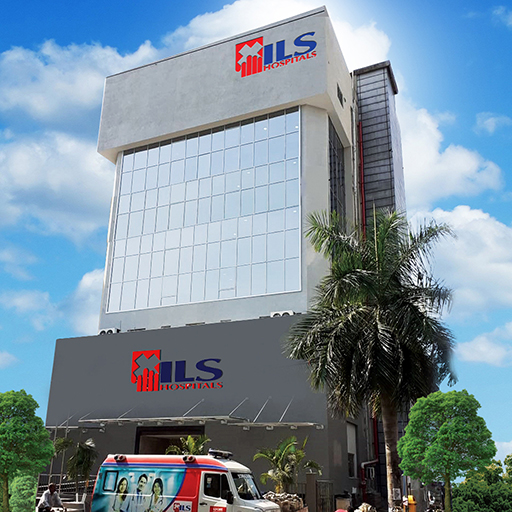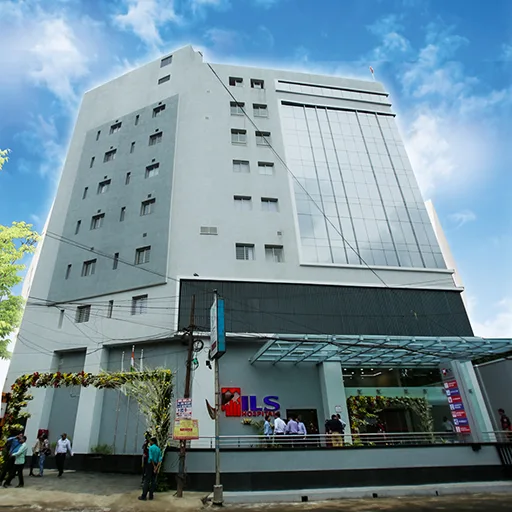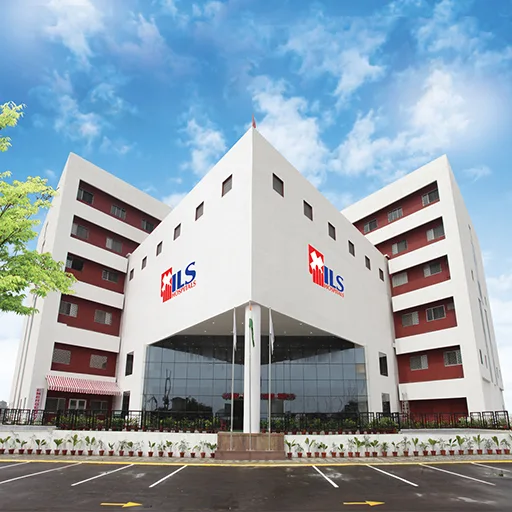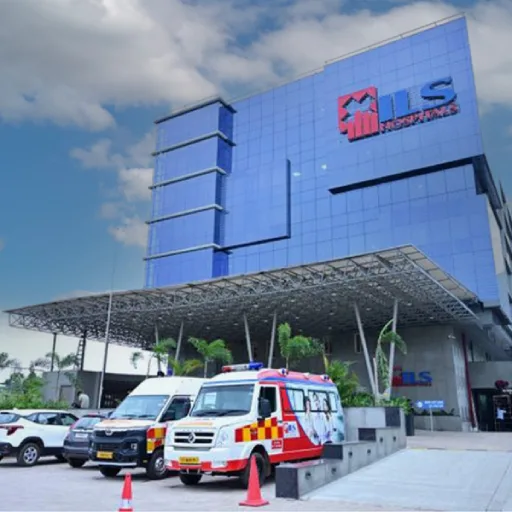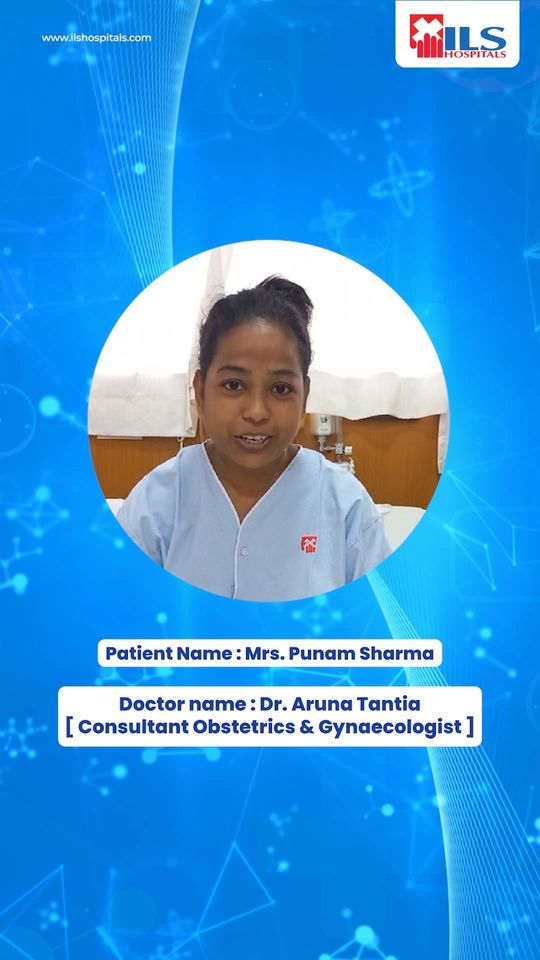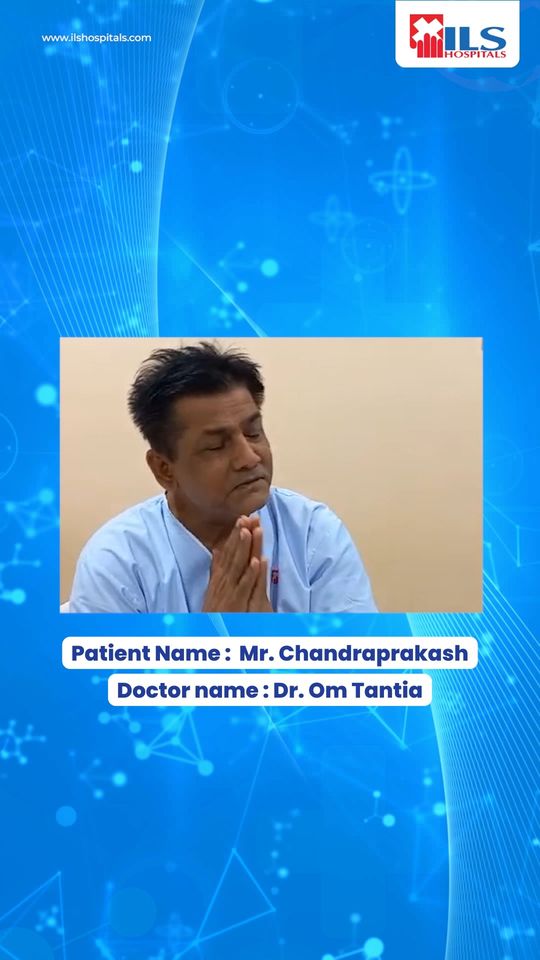ILS Hospitals: Leading the Way in Dialysis Care
At ILS Hospitals, we provide top-notch dialysis services, a critical procedure that replaces kidney function for individuals suffering from kidney failure. This vital intervention involves eliminating waste and excess fluids from the body through specialized filters, ensuring patients receive the best care and support.
Types of Dialysis Offered
- Hemodialysis: This method involves blood being drawn from the body, filtered through a machine, and then returned to the body.
- Peritoneal Dialysis: Utilizing the peritoneum (lining of the abdomen) to filter the blood, this technique offers a different approach to kidney care.
Why Dialysis is Necessary
Dialysis is indispensable for various reasons:
- Kidney Failure: Chronic kidney disease, acute kidney injury, diabetes, hypertension, or genetic disorders can lead to kidney failure, necessitating dialysis as a life-saving treatment.
- Waste and Fluid Removal: When kidneys function inadequately, dialysis helps maintain essential levels of electrolytes, fluids, and other vital components in the blood by eliminating excess fluids and waste products.
- Preparation for Transplant: As a temporary measure for those awaiting a kidney transplant, dialysis aids in maintaining their health and stability while they await a suitable donor.
- Management of Acute Poisoning: In cases of acute poisoning, dialysis effectively removes harmful toxins from the bloodstream, particularly important in drug overdose or chemical exposure scenarios.
Advantages of Dialysis at ILS Hospitals
- Enhanced Quality of Life: Dialysis alleviates symptoms like fatigue and swelling, significantly improving a patient’s overall well-being and activity levels.
- Prolonged Lifespan: By replacing critical kidney functions, regular dialysis treatments contribute to extending the lives of individuals affected by kidney failure.
- Reduced Risk of Complications: Dialysis minimizes complications associated with kidney failure, including high blood pressure, anemia, bone disease, and cardiovascular issues.
- Flexible Treatment Options: We offer both hemodialysis and peritoneal dialysis, tailoring treatment to individual needs, ensuring flexibility and convenience for our patients.
Preparing for Dialysis
Before undergoing dialysis, patients may need to adhere to specific dietary restrictions and medications. Vascular access, a surgical procedure enabling blood withdrawal and return during hemodialysis, may also be necessary.
The Dialysis Procedure
- Hemodialysis: Blood is drawn from the patient, filtered through a dialysis machine, and then returned to the body.
- Peritoneal Dialysis: A specialized fluid is inserted into the abdomen through a catheter, absorbing waste and excess fluids, which are then drained out.
Risks Associated with Dialysis
While generally safe, dialysis may entail some risks, including infection, bleeding, low blood pressure, arrhythmia, and muscle cramps. ILS Hospitals ensures comprehensive care to mitigate and manage these risks effectively.
Recovery and Lifelong Care
- Dialysis is typically performed three times a week, aiming to alleviate fatigue and other post-procedure effects.
- Patients may experience fatigue or minor side effects following dialysis.
- In most cases, dialysis becomes a lifelong treatment for individuals facing kidney failure.
Frequently Asked Questions (FAQs)
Q1. Is dialysis painful?
Dialysis itself is not typically painful. However, some individuals may experience minor discomfort or pain at the dialysis access site. Medications can help manage cramping or muscle spasms during and after the procedure.
Q2. Can kidneys start working again after dialysis?
In certain cases, if the underlying cause of kidney failure is treatable or reversible, kidneys may regain some function after dialysis treatment. However, for most end-stage kidney disease cases, where the kidneys are severely damaged, dialysis is essential to sustain life.
Q3. Do dialysis patients still urinate?
Some dialysis patients may still produce urine, but this varies based on the extent of kidney damage. Dialysis does not fully restore kidney function, so many patients may have limited urine output.
Q4. Can dialysis be cured?
Dialysis is not a cure for kidney disease. It replaces some kidney functions, such as waste and excess fluid removal. However, a kidney transplant can provide a long-term solution for some people with kidney failure, potentially eliminating the need for dialysis.
Q5. Do dialysis patients smell?
Dialysis patients may develop an odor due to the buildup of waste products in the body, not effectively removed by the kidneys. Maintaining good personal hygiene and proper dialysis treatment can help manage this issue.
Q6. What does dialysis cost?
The cost of dialysis varies based on factors such as the type of dialysis and the clinic’s location.
At ILS Hospitals, we prioritize patient well-being and offer comprehensive dialysis services to ensure the highest quality of care for those battling kidney failure. Feel free to reach out to us for any further inquiries or to schedule a consultation. Your health is our commitment.



